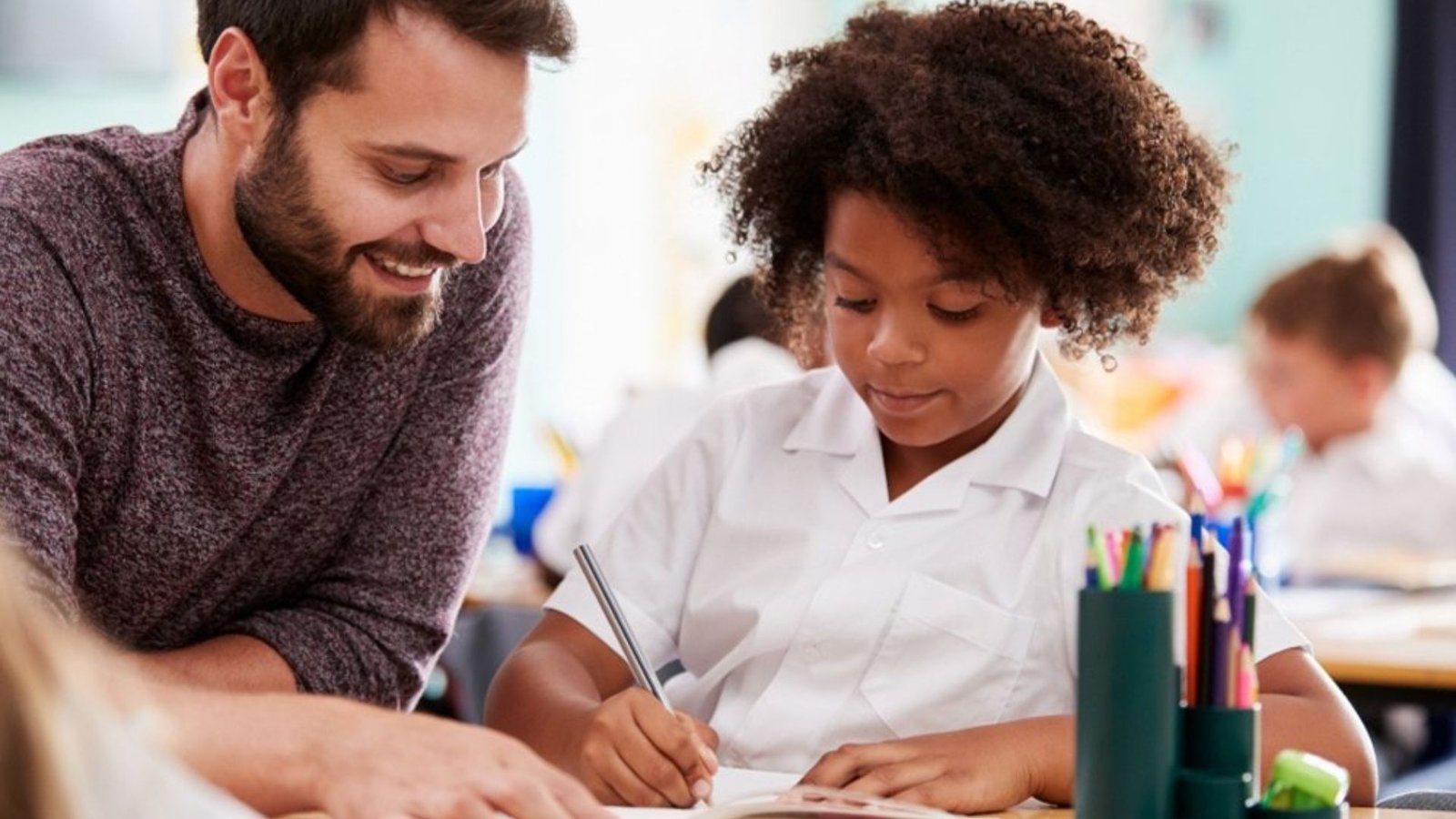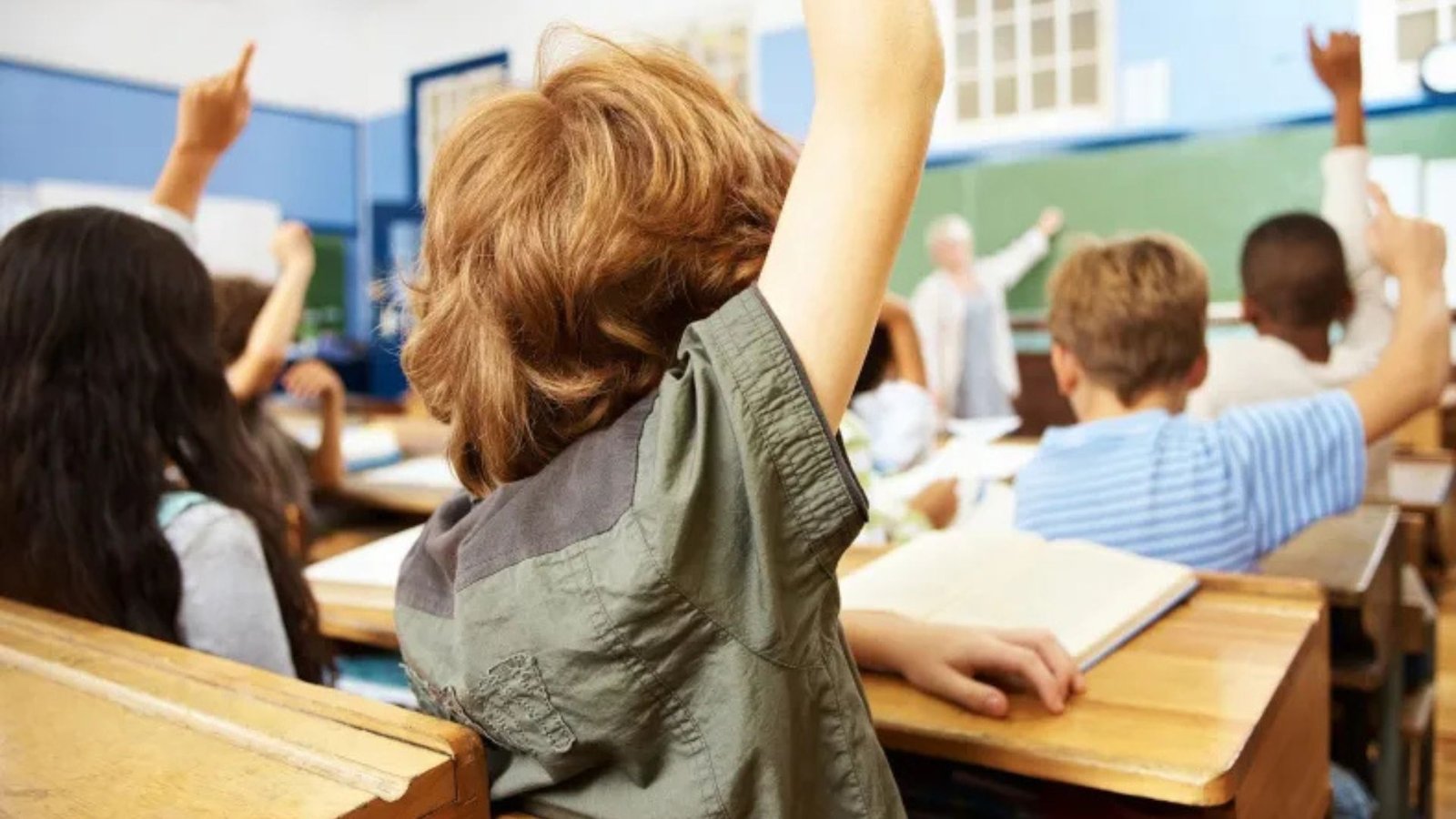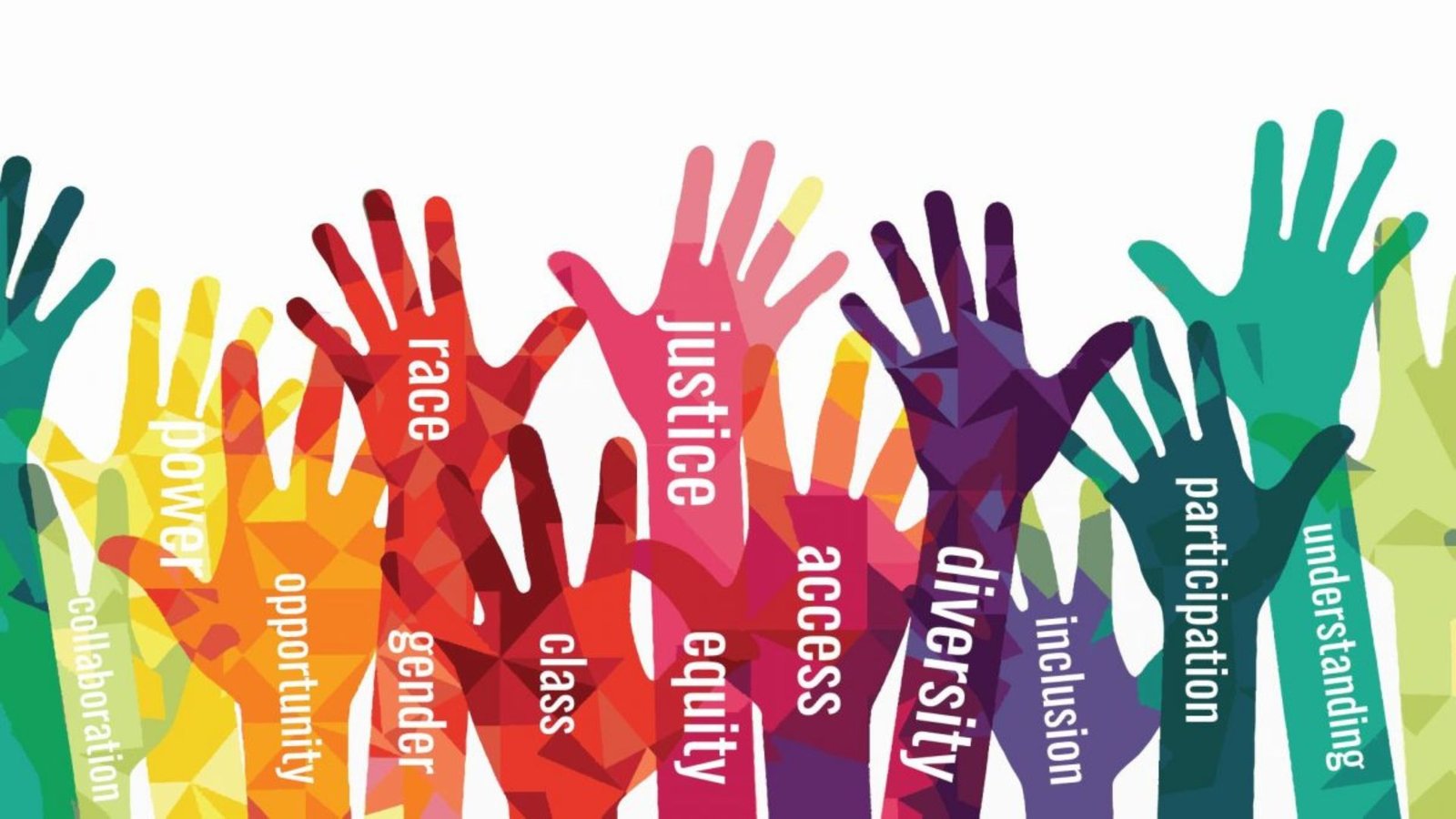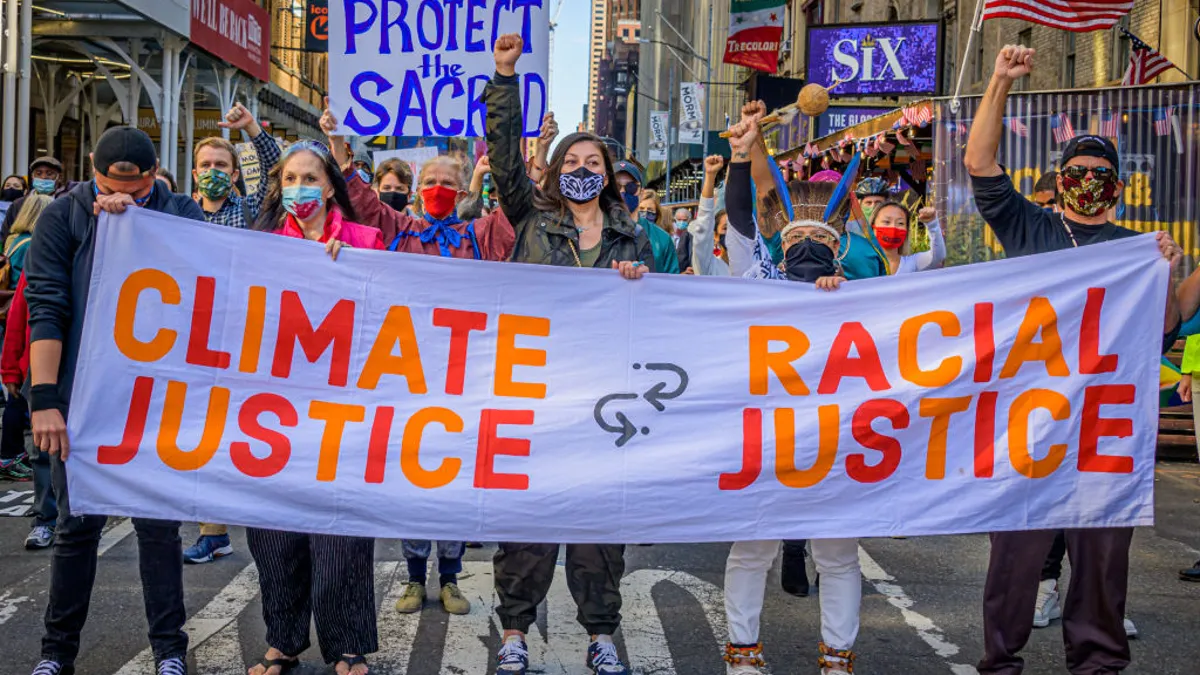Social justice plays a critical role in shaping education systems. It ensures that all students, no matter their background, have equal access to quality education. But how exactly does social justice impact education systems? Let’s explore this important connection and see how it affects students, teachers, and schools.

The Importance of Equal Access to Education
One of the key ways social justice impacts education systems is by promoting equal access for all students. In many parts of the world, there are significant gaps in education opportunities. These gaps often exist due to factors such as economic status, race, gender, and location. Social justice aims to eliminate these disparities and ensure that every child has access to a high-quality education, regardless of their background.
For example, children in lower-income neighbourhoods may have fewer resources, outdated textbooks, or overcrowded classrooms. Social justice advocates for more funding and resources to ensure that these students have the same opportunities to succeed as those in wealthier areas.
Fighting Discrimination in Schools
Social justice also works to eliminate discrimination in education systems. Discrimination based on race, gender, disability, or other factors can prevent students from reaching their full potential. Social justice impacts education systems by promoting policies that protect students from such biases and creating an inclusive environment where all students feel valued.
In recent years, there has been a stronger push for schools to become more inclusive of students with disabilities. By providing the necessary resources and support, these students can fully participate in educational activities, ensuring they have an equal chance to succeed.
Promoting Diverse and Inclusive Curriculum
A socially just education system also involves offering a diverse and inclusive curriculum. This means including stories, perspectives, and histories from different cultures and backgrounds. By doing so, students can learn to appreciate diversity and understand different points of view. It also helps students see themselves reflected in their education, which can boost their sense of belonging and engagement.
For example, teaching about the contributions of various ethnic and cultural groups helps all students see the value of diversity. It promotes empathy, respect, and understanding, which are important for building a fairer society.
Reducing the Achievement Gap
The achievement gap refers to the difference in academic performance between groups of students, often influenced by socioeconomic factors. Social justice works to close this gap by ensuring that all students have the tools they need to succeed. This includes providing support for struggling students, offering extra tutoring, and addressing factors like poverty that may impact a student’s ability to perform well in school.
By addressing the root causes of inequality, social justice in education helps create a level playing field for all students. This means that students from different backgrounds have the same opportunities to perform at their best, leading to greater success in their education and future careers.
The Role of Teachers in Promoting Social Justice
Teachers play a crucial role in ensuring that social justice impacts education systems effectively. They are often the first line of support for students who may face discrimination or inequality. Teachers who are trained to recognize and address social injustices can help create a positive, inclusive classroom environment.
For instance, teachers can use teaching methods that cater to diverse learning styles and provide extra help to students who need it. They can also act as role models for respect, fairness, and empathy, teaching students the values of social justice both inside and outside the classroom.
Building a More Equal Future
By ensuring that all students have equal access to high-quality education, social justice lays the foundation for a more equal and just society. When students from different backgrounds can access the same opportunities and resources, they are more likely to grow into adults who contribute positively to society. This, in turn, helps break the cycle of poverty and inequality that many students face.
In addition, promoting social justice in education helps build a more tolerant and peaceful world. By teaching young people to respect each other’s differences, we can create a society where fairness and equality are the norm.
Conclusion
In conclusion, social justice impacts education systems in many important ways. From ensuring equal access to education to promoting inclusivity and reducing discrimination, social justice helps create a fairer and more equal education system. By addressing inequality in education, we provide all students with the tools they need to succeed, which in turn leads to a stronger, more just society for everyone.




